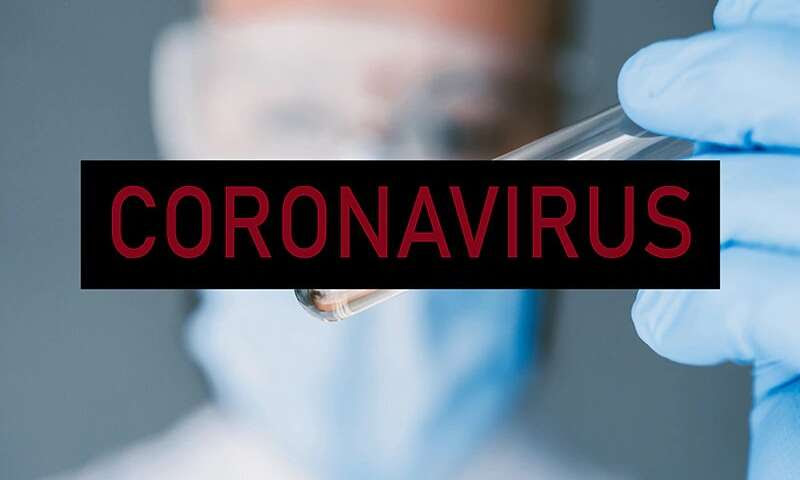The new coronavirus poses a significant risk to people with Parkinson’s disease, and experts say they and their caregivers need to take precautions.

“People living with Parkinson’s disease are at high risk if they contract COVID-19, whether they are above age 50 or if they have young-onset Parkinson’s disease, which occurs in people younger than 50,” said Dr. Frederick Southwick, an infectious disease expert at the University of Florida in Gainesville.
Southwick was part of a Parkinson’s Foundation panel that held a live Facebook forum to answer questions about COVID-19’s effect on people with Parkinson’s.
Parkinson’s is a neurodegenerative disorder that causes tremor, rigidity and problems with balance and gait.
“While people with Parkinson’s disease don’t have compromised immune systems by nature of the Parkinson’s disease diagnosis, the respiratory tract is where the danger is,” Southwick said in a foundation news release. “Issues with the respiratory system muscles can make it difficult for people with Parkinson’s disease to take deep breaths and get enough oxygen into the lungs.”
He urged family members of people with Parkinson’s disease to stay home and avoid contact with others as much as possible to avoid COVID-19 exposure.
Loved ones living in group facilities should remain there, if possible, to take advantage of 24-hour resources, the foundation advised. Family members should try to ensure that facility employees are following safety guidelines, including hand-washing and social distancing. Use phone calls and video chats to stay in touch.
Some families may have the resources and support to bring a loved one with Parkinson’s home, but the COVID-19 pandemic may last several months. Before making a decision, talk to your medical team and ensure you have the right gear, medication and support, the foundation advised.
People with Parkinson’s should get seasonal flu and pneumonia shots, if they haven’t already received them. The vaccines aren’t effective against COVID-19, but can prevent or lessen infections from those diseases—and preventing pneumonia in people with Parkinson’s is crucial.
Dr. Michael Okun is the foundation’s national medical director. He said that decisions about medical appointments for Parkinson’s patients to manage their disease “should be a discussion between you and your medical team. Regular checkups and even appointments for urgent concerns may be able to be conducted virtually, so check with your doctor to see if that is an option.”
Okun suggested that “people with Parkinson’s disease—and their care partners—should postpone elective or preventative doctors’ appointments.”
The foundation noted that the combination of low mood, depression and anxiety has the greatest impact on the health of people with Parkinson’s, even more than the movement problems associated with the disease.
Therefore, it’s critical for people with Parkinson’s to combat loneliness and anxiety caused by self-isolation. Use social media to connect with others multiple times a day, or call people on the phone for a chat, the foundation suggested.

Leave a Reply